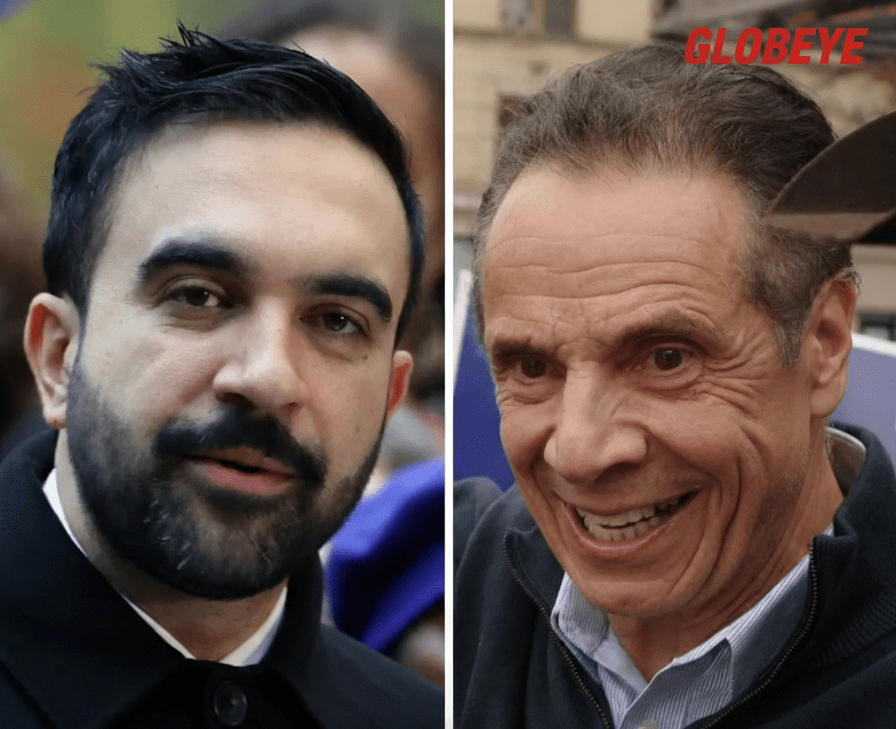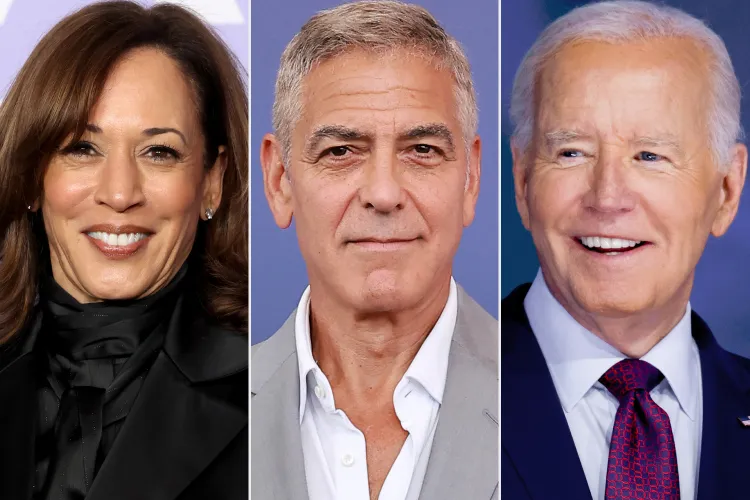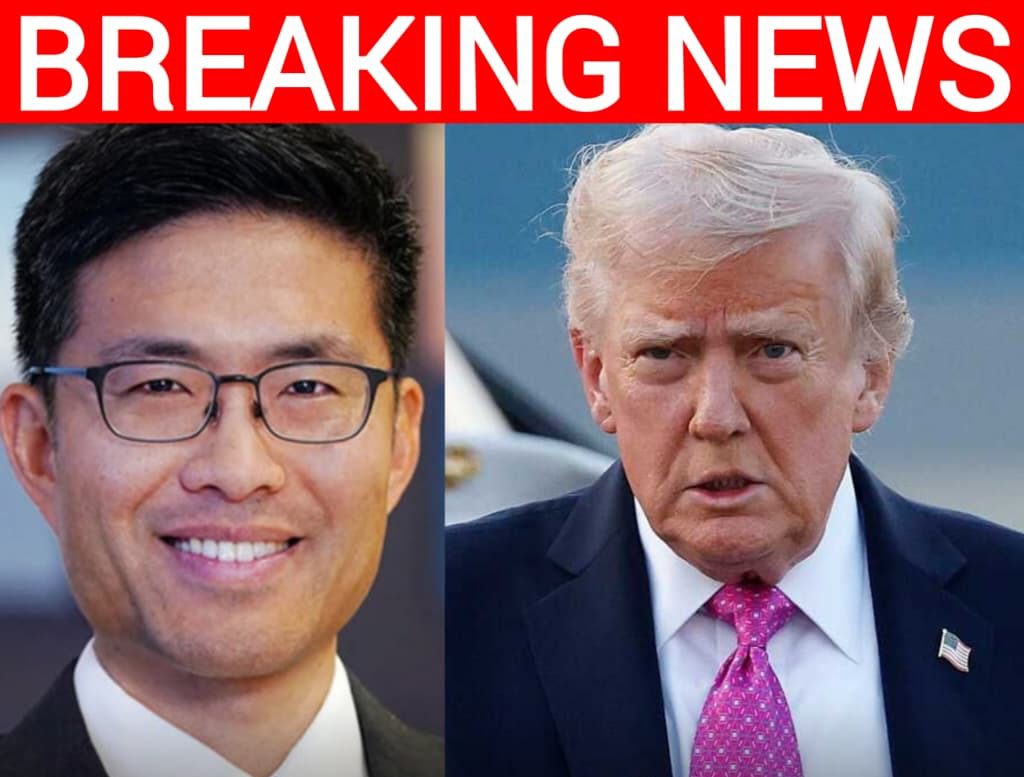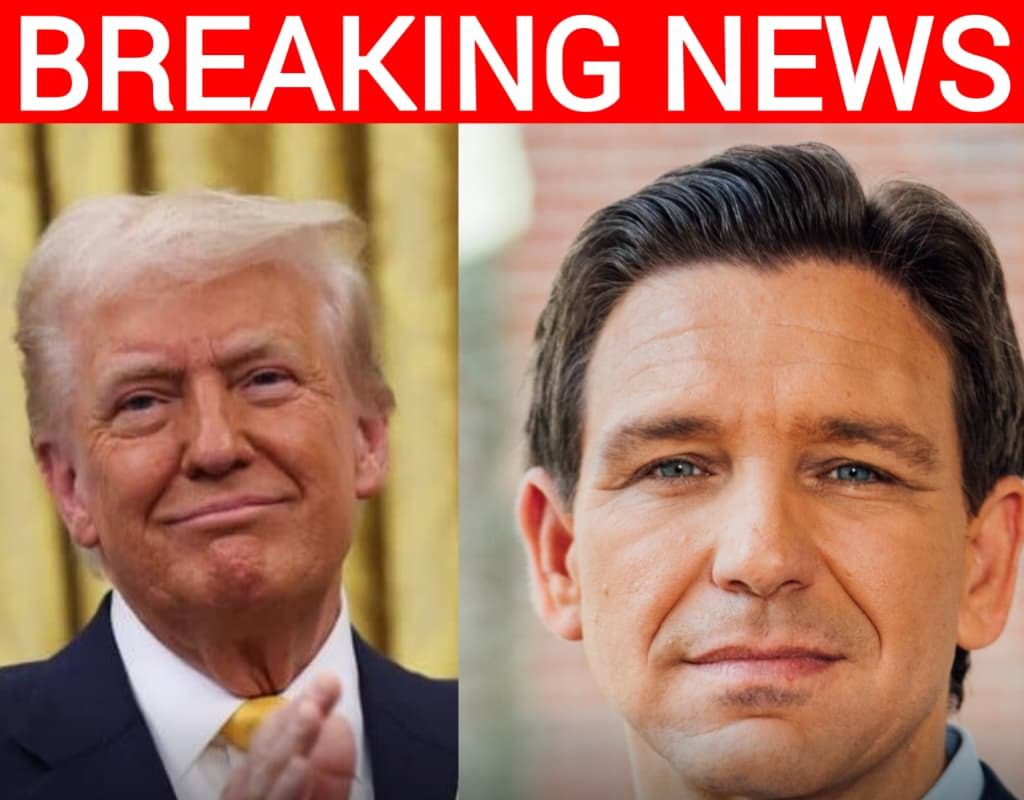Andrew Cuomo Surges Back in Shock Poll — Beats Zohran Mamdani in Head-to-Head NYC Mayoral Race Just One Day Before Election
The New York City mayoral race has just been turned upside down. A stunning new poll released days before the election shows former Governor Andrew Cuomo leading Democratic front-runner Zohran Mamdani in a head-to-head matchup, marking one of the most dramatic comebacks in New York politics in years. The data reveals that if the race were narrowed to just the two of them, Cuomo would come out on top — a scenario few political observers saw coming even weeks ago.
For months, Mamdani had appeared unbeatable. The young, progressive New York State Assemblymember from Queens carried a wave of enthusiasm from younger voters, housing activists, and left-leaning Democrats eager to see a new generation take charge of City Hall. After clinching the Democratic nomination in early October, he entered the general election as the clear favorite, his campaign drawing large crowds in Brooklyn and Queens and winning headlines across the country for its promise to make New York a “model of affordability and justice.”

But the newest numbers paint a very different picture. According to the poll, Cuomo — running as an independent — would beat Mamdani in a direct face-off. It’s a bombshell that has jolted the city’s political establishment and electrified Cuomo’s supporters, who believe the city is yearning for experienced leadership rather than political experimentation. The findings suggest that New Yorkers, despite their frustration with the past, may still trust Cuomo’s steady hand more than the radical change Mamdani represents.
Cuomo’s re-emergence in politics was once considered impossible. The former governor resigned in 2021 amid scandal, effectively ending what many thought would be his lifelong political career. But after years of keeping a low profile, Cuomo has reintroduced himself to voters with a message of competence, recovery, and security. He portrays himself as a pragmatic centrist willing to fix the city’s chaos without ideological baggage. To many New Yorkers, it’s an appealing contrast to Mamdani’s bold, risk-heavy agenda.

Mamdani, 33, is a powerful orator and a self-described democratic socialist. His campaign has centered on rent reform, universal housing guarantees, police accountability, and expanding public programs. He has become a darling of the national progressive movement, with major endorsements from high-profile left-wing figures and activist organizations. For his base, he represents the moral awakening of New York’s politics after years of establishment rule. But to his critics, especially moderates and conservatives, he’s seen as dangerously inexperienced and too ideological for a city struggling with crime, migration, and economic instability.
Recent surveys indicate that many New Yorkers share those concerns. Nearly half of city residents say they fear a spike in crime if Mamdani becomes mayor. A separate poll found that more than a quarter of New Yorkers are considering leaving the city if he wins. Those figures reflect not just political disagreement, but anxiety about the direction the city could take under his leadership. They also explain why Cuomo’s numbers have suddenly surged. His message of “returning stability to the city that never sleeps” seems to have struck a chord.
Cuomo’s campaign has been unrelenting in recent weeks. He’s crisscrossed Manhattan, Staten Island, and the Bronx, reminding voters of his record on infrastructure, business development, and safety. The former governor has made a point of promising not to defund police departments, not to raise taxes on middle-class families, and not to let what he calls “ideological chaos” derail the city’s economy. It’s a message calibrated for New Yorkers exhausted by the extremes of both sides.

Adding to the drama, outgoing Mayor Eric Adams — once considered a neutral figure in the race — publicly endorsed Cuomo last week. His support adds weight among moderate Democrats and law-and-order voters. Adams has called Mamdani “a dangerous experiment” and praised Cuomo for his “proven leadership in hard times.” That endorsement alone, political analysts say, may have helped tilt public sentiment in Cuomo’s favor.
Still, Mamdani’s campaign remains defiant. His team has dismissed the new poll as an outlier meant to discourage turnout, arguing that their internal data continues to show them ahead. His surrogates insist that the movement behind Mamdani is about more than numbers — it’s about changing the soul of New York. They argue that Cuomo’s comeback is fueled by fear, not hope, and that his leadership belongs to an era that voters are ready to move beyond.
But for Cuomo, the fight is personal. His speeches have grown more emotional, laced with defiance and redemption. “They said I was done,” he told a cheering crowd in Manhattan’s Union Square. “They said New York would never give me another chance. But this city always believes in comebacks — and this comeback is for every New Yorker who’s tired of empty promises.” The crowd erupted, echoing a sentiment that many lifelong residents share — that after years of upheaval, they want competence and control again.
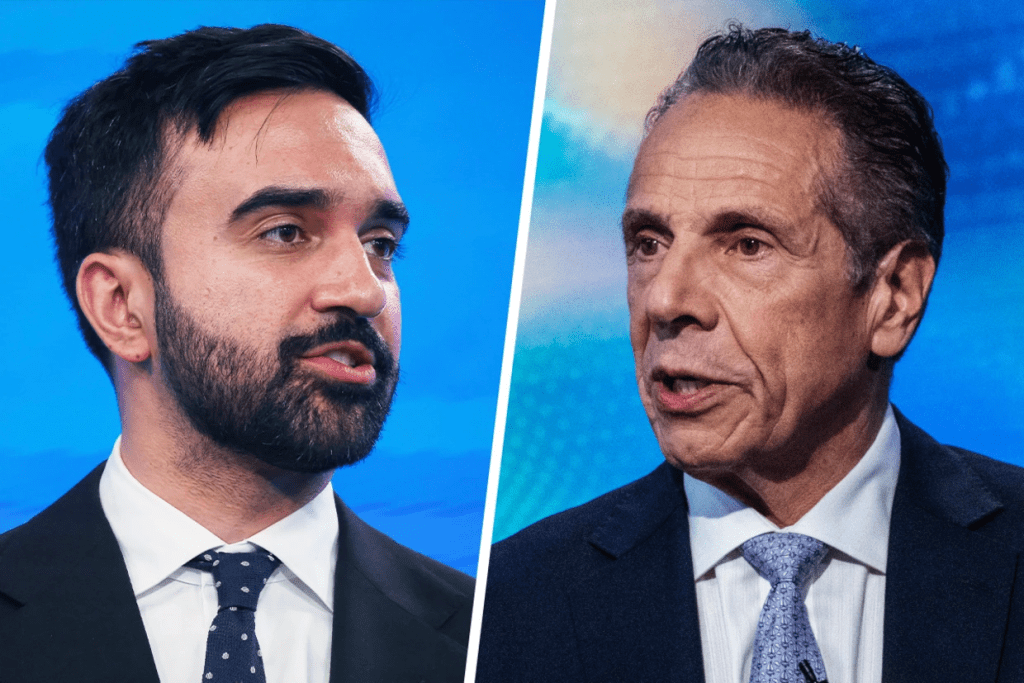
Observers note that the timing of this poll couldn’t be more critical. With just a day before the general election, perceptions matter as much as reality. The image of Cuomo gaining momentum could boost his turnout among late-deciding voters. It could also sway fence-sitters who like Mamdani’s passion but doubt his ability to manage one of the world’s most complex cities. Even a few percentage points shifting at the last minute could define the outcome.
The city’s atmosphere is electric, tense, and divided. In coffee shops, on subway platforms, and across social media, the conversation has shifted overnight. For every voter thrilled at the idea of Cuomo’s return, there’s another terrified that the old guard is re-emerging. For every Mamdani volunteer handing out flyers in Brooklyn, there’s a business owner in Midtown warning that the city can’t afford another ideological experiment. The entire race feels like a referendum on the city’s identity — progress versus pragmatism, idealism versus experience.

Regardless of the outcome, this moment marks one of the most extraordinary political turnarounds in New York’s recent history. Cuomo’s apparent resurgence reveals that voters’ loyalties can shift dramatically under pressure. Mamdani’s rise shows the enduring appeal of youthful idealism and activism. Both men embody very different visions of what New York City can be — and whichever path voters choose, it will send a message far beyond the five boroughs.
As dawn approaches on Election Day, the polls will open to a city on edge. The last hours of campaigning will be fierce, emotional, and deeply personal. Cuomo’s team is urging a late surge, telling supporters to “finish what we started.” Mamdani’s movement is rallying its volunteers for one last push, determined to prove that idealism can still win. One of them will soon take the oath as the next mayor of New York, inheriting not just the office, but a city at a crossroads — torn between its past and its future, its dreams and its fears.
The only certainty tonight is that New York, as always, will make history.
